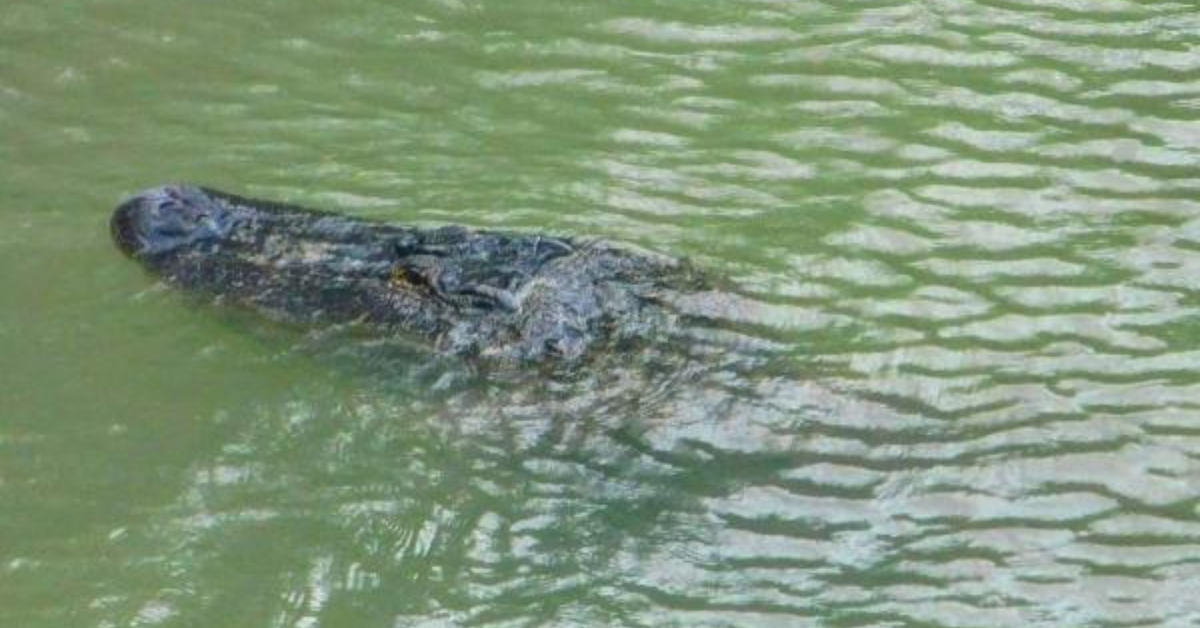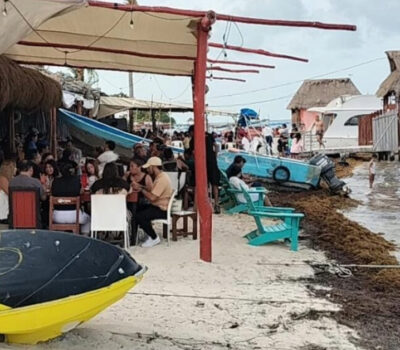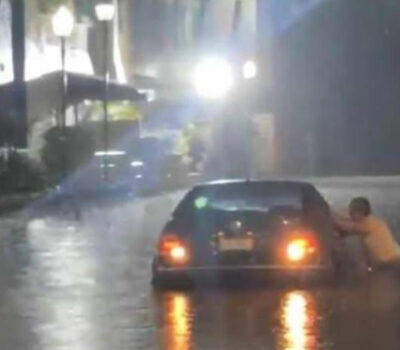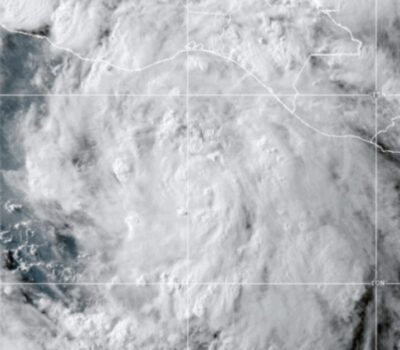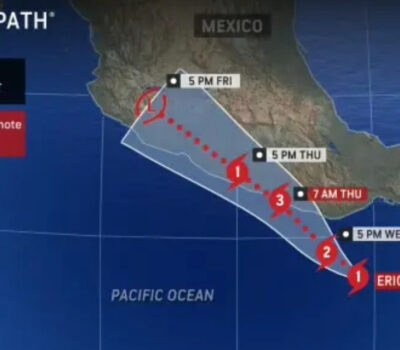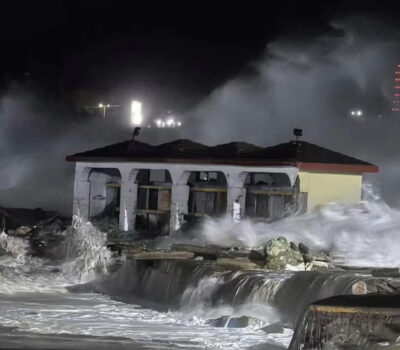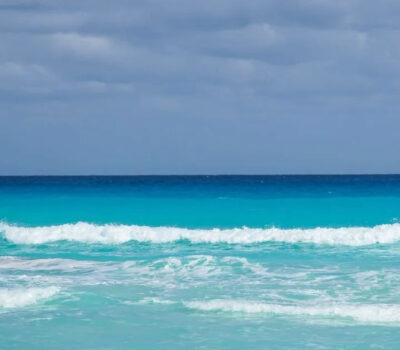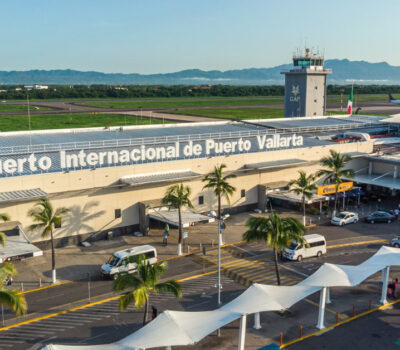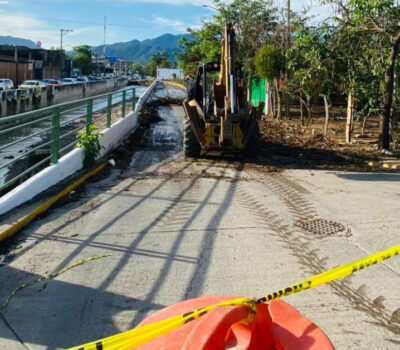Authorities temporarily close beaches in Nuevo Vallarta and Lo de Marcos after a crocodile was spotted in shallow waters. Tourists are urged to follow lifeguard guidance.
Beaches in Nuevo Vallarta and Lo de Marcos were temporarily closed to the public on Friday, June 20, after a crocodile was spotted swimming close to shore, prompting swift action from local authorities to protect beachgoers.
The Bahía de Banderas Civil Protection Department’s Water Rescue Division reported the presence of a crocodile approximately 1.5 meters in length. The animal was first seen in shallow waters by a group of tourists, who immediately alerted lifeguards on duty. The sighting occurred during the busy afternoon hours, a time when beaches are typically filled with both locals and international visitors.
In response, lifeguards quickly cleared the area and initiated a safety protocol, closing both beaches to swimming and all other recreational water activities until further notice. Signage was placed at beach entrances to inform the public, and additional patrols were deployed to monitor the shoreline for any further activity.
According to officials, the closure is a preventive measure to avoid any potential incidents involving swimmers and the crocodile. While sightings are not uncommon in coastal Nayarit, especially during the rainy season when crocodiles may venture into new areas, their presence in swimming zones requires immediate intervention.
“This is not the first time we’ve had to close beaches due to wildlife,” said a spokesperson for Bahía de Banderas Civil Protection. “Crocodiles are native to this region, and we remind everyone that while they are generally not aggressive unless provoked, they are wild animals and must be respected.”
The beaches will remain closed until authorities are certain the animal has left the area or is safely relocated by environmental specialists. The Civil Protection team is currently working in coordination with state and federal wildlife agencies to monitor the situation.
Lifeguards are urging the public to remain calm and adhere to all safety instructions. “We ask for the public’s cooperation in avoiding entering the water and respecting all warning signs. These closures are necessary to prevent accidents,” said one lifeguard stationed in Nuevo Vallarta.
Tourists visiting the region have expressed mixed reactions. While many understood the need for caution, others voiced disappointment at missing out on planned beach days.
“It’s a little scary to think there was a crocodile where we were swimming earlier,” said a visitor from Canada. “But I’m glad the lifeguards are taking it seriously.”
Crocodiles, particularly the American crocodile (Crocodylus acutus), are protected under Mexican law. Interfering with or harming them is illegal and can lead to criminal charges. Local wildlife officials are reminding the public not to approach or attempt to photograph the animal if spotted again.
Bahía de Banderas has a strong record of managing coastal wildlife sightings effectively, and local authorities emphasize that this is a temporary disruption meant to ensure public safety during peak tourism season.
Authorities temporarily close beaches in Nuevo Vallarta and Lo de Marcos after a crocodile was spotted in shallow waters. Tourists are urged . . .

